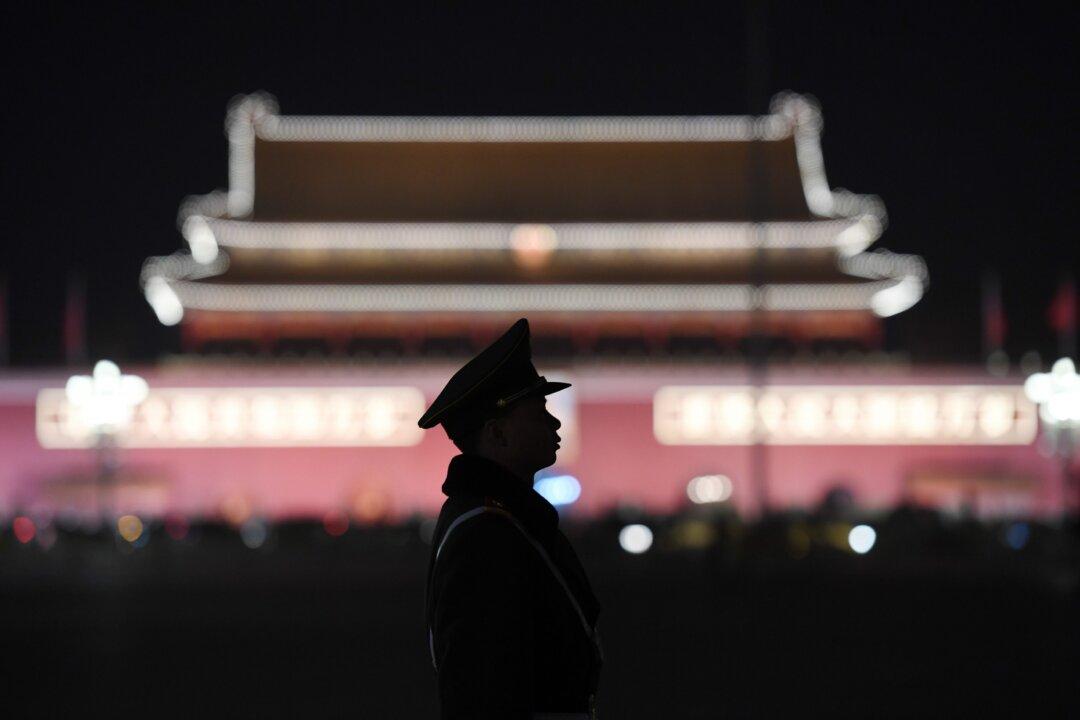Several different regions in China encountered internet shutdowns from May 20 to May 31, which The Epoch Times has learned was a test by Chinese authorities to temporarily disrupt regional networks with “one button,” ahead of the 30th anniversary of the Tiananmen Square Massacre.
A Beijing-based journalist, who spoke on the condition of anonymity, told The Epoch Times that netizens in Guangdong Province, Shanghai, Chongqing, and other places recently experienced internet interruptions. He was able to confirm information from relevant government departments that the occurrences were the result of a “nationwide one-button internet shutdown test.”
He added that mobile phone and network signals were very poor in Beijing in the past several days, “to the point we have to put off all live programs involving offsite communication,” he said. Some journalists for foreign media outlets had to rely on network cards from Southeast Asian countries to communicate with their headquarters. Otherwise, they would have had difficulty sending emails to their home countries, he said.
China Economic Net reported a similar situation in Shanghai. On May 29, Shanghai Mobile collapsed around 11 a.m. Not only did 4G stop working, but even basic functions, such as sending text messages and making phone calls, were disabled.
Chongqing was likely the first city to experience network disruption. Netizens in Chongqing complained on WeChat, a Facebook-like social media platform, that the internet was down from about 11 p.m. to 11:30 p.m. on May 20.
China has taken a series of actions to tighten internet censorship ahead of the 30th anniversary of the Tiananmen Square Massacre.
On June 4, 1989, Chinese soldiers opened fire on unarmed civilians in the early morning on Tiananmen Square to end the pro-democracy protests. Chinese authorities announced the next day that the People’s Liberation Army (PLA) had successfully “suppressed the riots,” and “not a single person died” during the process.
The “one-button internet shutdown” could be seen as another censorship tool, in times of emergency.
Even Twitter became part of the censorship campaign this year. It suspended more than 1,000 accounts of Chinese dissidents days before the anniversary. Twitter had to offer an apology on June 1, saying that the accounts had been suspended as part of routine operation to target accounts engaging in “platform manipulations.”
Although Twitter promised that it would make sure to “overturn any errors,” many Twitter users reported two days later that their accounts hadn’t been restored and they had to register a new account.





